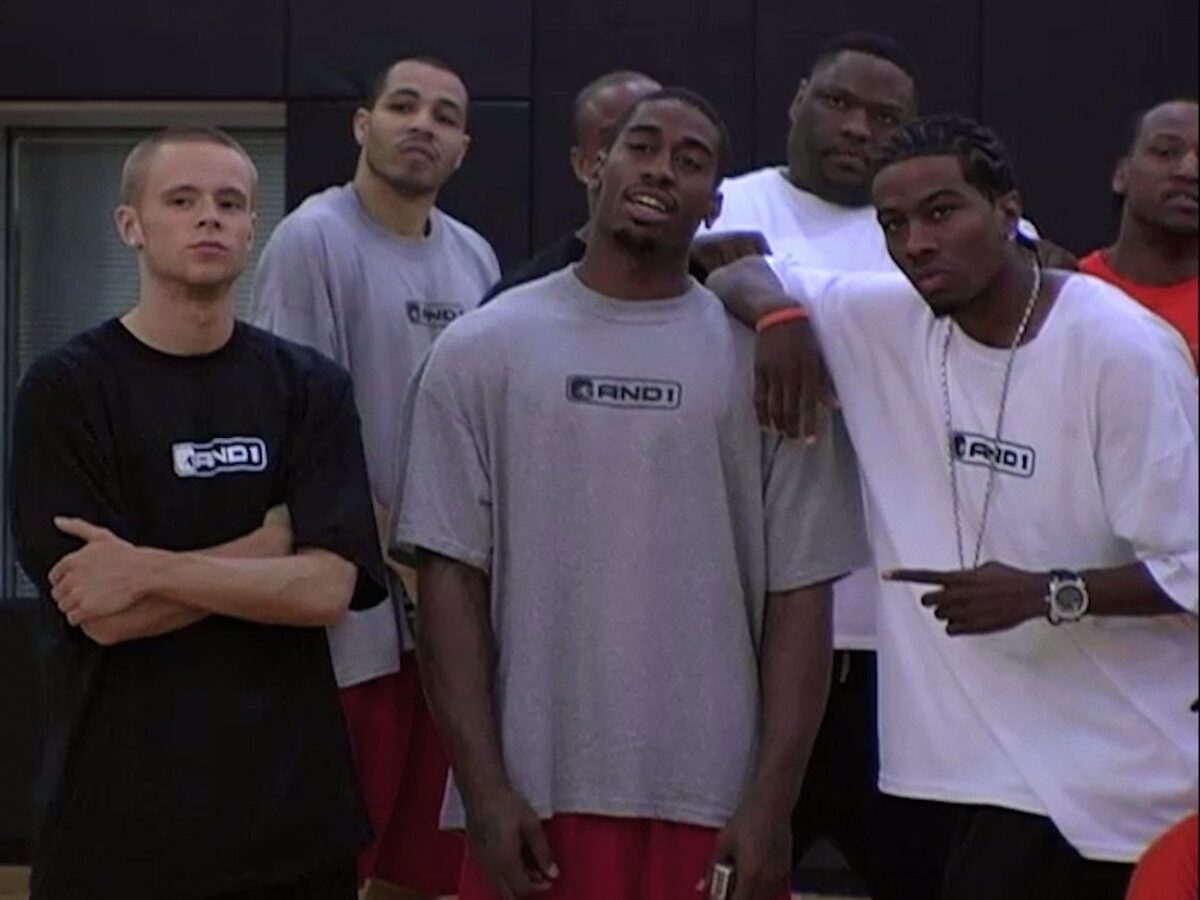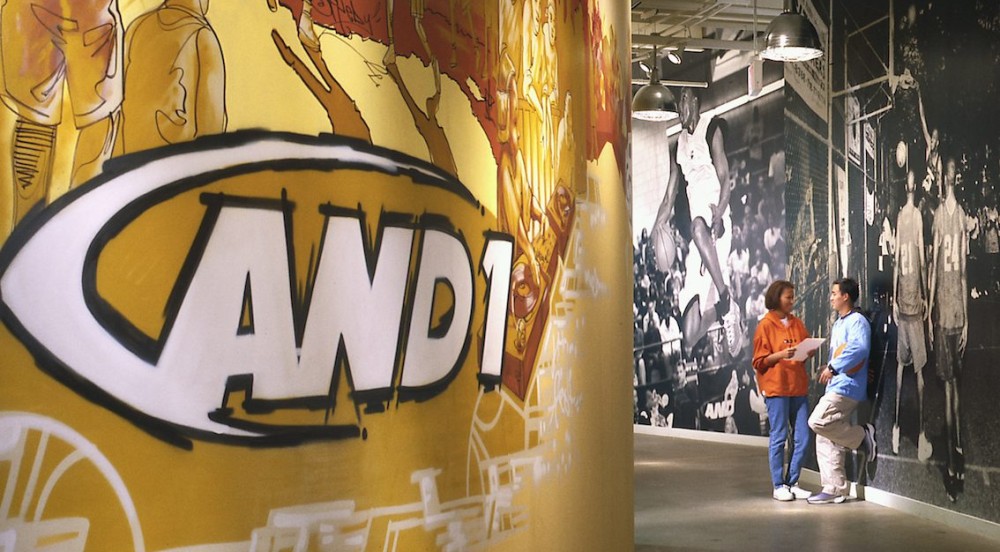Kevin Wilson Jr. is an acclaimed filmmaker who has a vision of telling the stories of Black culture with authenticity.
A native of North Carolina, he came to prominence as a director with his film My Nephew Emmett, a 20-minute short film based on the murder of Emmett Till. The film earned him his first Oscar Nomination for Best Live Action Short Film at the 90th Academy Awards in 2018.
His previous works include "States United", a PSA about gun violence prevention that garnered critical acclaim including AdWeek's "Spot of the Day." He’s also directed numerous commercials for Crown Royal, Facebook, PNC Bank, and Kohls's. He collaborated with Procter & Gamble to direct the commercial "Widen The Screen", “a campaign that calls for Hollywood to address stereotypical images of Black People in Film & Television.” The commercial premiered during the 2021 NAACP Image Awards and at the 93rd Academy Awards and the Tribeca Film Festival. Oprah Winfrey gave the commercial a ringing endorsement and screened it on the OWN Network.

His latest film, Netflix's Untold: The Rise and Fall of AND1, chronicles the story of the upstart sports apparel company's meteoric rise to success after embracing streetball culture. Founded by Jay Coen Gilbert, Seth Berger, and Tom Austin while they were graduate students at the University of Pennsylvania’s Wharton School, AND1 would soon become a major player in the marketplace after landing endorsement deals with several NBA stars such as Kevin Garnett and Stephon Marbury. The brand catapulted to another level with the introduction of AND1 Mixtapes and tours featuring legendary streetball players such as Rafer “Skip 2 My Lou,” Alston (The only AND1 player from the mixtapes to play in the NBA), Phillip "Hot Sauce" Champion, Waliyy "Main Event" Dixon, Anthony "Half Man-Half Amazing" Heyward along the hottest rap music on the scene. For a moment in time, AND1 was a leading voice of street culture, and all players' contributions on the mixtapes left an indelible imprint on the game of basketball.
EBONY caught up with Wilson and we spoke about the cultural impact of the AND1 mixtapes, the legacy of street basketball, what drives his creativity, and the importance of Black creatives owning their work.
EBONY: When did you know that you wanted to be a filmmaker?
Wilson: Man, thank you for asking that brother. I was talking to my mom about this a couple of weeks ago. Growing up in North Carolina, we don't really have access to the industry and I didn't know anybody who was a filmmaker. I only knew the actors who were on television so I wanted to be an actor because that's what I saw. I went to a pretty strong performing arts high school and then I went to college at North Carolina A&T where I majored in journalism. The theater department at the school told me that because I wasn't a theater major, I couldn’t do any more shows unless I changed my major. So instead of doing that, I wrote my own play and the university gave me some money to direct it. That opened the door for me to start directing and that changed my whole life.
You are part of an unprecedented time for Black creatives in TV and film who are telling Black stories on their own terms. How does it feel to be a part of this movement?
It’s a beautiful time for Black creatives because we get to tell our stories and I think people are waking up and realizing that they will be held accountable for telling the stories if they don't invite the right people to tell them. Also, I'm hoping as we continue to progress, that Black creatives will continue to tell their own stories but are able to retain ownership of the stories. A lot of times, we're brought on to direct or write these stories but we don't get the final say. We'll get our directing fee and our writing fee, but who's going to be making the money 20 years from now? So it's a beautiful time that we're coming up in, but I want Black creatives to own their IP when they're making these projects. I think that's the next step. I’m very grateful that I got a project on Netflix and it's a very awesome experience and feeling. But I'm also excited to continue to try to push things to the next level.
In the past, you’ve worked on projects with Angela Bassett and Oprah Winfrey. How did you react when they contacted you?
Ms. Bassett, man, she is just an icon. When she emailed me I thought it was a joke. I had to call my lawyer and who represents a lot of great Black actors and producers to make sure it was her. I called her up and said, “Is this email real?” She confirmed that it was and I got to direct For Armetta. I'm so grateful to Ms. Bassett because she gave me an opportunity when she didn't have to. Just her name alone being attached to the project opened up doors for me to work with folks on that project that I probably wouldn't have been able to work with. It was just an experience of a lifetime. As far as working with Oprah, she was a champion of “Widen the Screen” when it came out. She put it all over OWN and she talked about choices that I had made as a director, choices that had to I fight for. It just confirmed that I was on the right path. It was a pretty emotional moment for me at that time because I was working so hard and a lot of times when you are creating, you really don't know if you're making the right strides. But when she put the project on her platform and spoke about my directorial choices, I felt like I was making the right moves and was doing something right. I cried over that one [Laughs].
When did you first come across the AND 1 Mixtape series?
I was maybe 10 or 11 years old when AND1 came out and it was the perfect time because it was cats who looked like me and my cousins who were finding their way into the mainstream. Growing up in Durham, North Carolina, which was basically Duke University and North Carolina basketball, those guys had to wear suits and ties which is cool but it was a sanitized image. So when AND1 came out, it just changed the whole game.
I'm a huge Tar Heel fan but we couldn't afford to go to those games at the Dean Smith Center or Duke’s Cameron Indoor Stadium. No one made it accessible for us. It was only when AND 1 came to town that we could catch a game.

It must have been incredible to see the AND1 Mixtape Tour live.
Yes it was! That was the first time they came to Raleigh. I got to see Hot Sauce and everybody else. We weren't on the floor but we were in there [Laughs].
Coming full circle, how was it for you to work with the AND1 legends and how did everyone reconnect after all these years?
The reach of Netflix is strong and I'm really glad that it was on that platform for that reason because I know a lot of folks have been trying to make a documentary about AND1. It was hard at first because a lot of the players have strong feelings about their time in AND1. We reached out to a lot of people but some declined. It was tough but at the same time when you say this is going to be on Netflix, they understand that everybody was going to have the opportunity to hear their side of the story. When I told them it was coming out on Netflix, and also that Maclain and Chapman Way, who are the creators of the Untold series, pride themselves on getting the unfiltered truth, they were on board. We told the players that they could tell their own truth and everybody got excited to be a part of the project. Before filming, it was a joy to be able to sit down with Shane the Dribbling Machine, Main Event, and The Professor. I sat down and had meals with these guys just to prepare for the interview. The stories that came out of that were amazing. A lot of the stuff didn't even make it into the documentary.
Lastly, why did you believe this is such an important story to tell and what do your want viewers to take away from the film?
AND1 was such a big part of my childhood. When people talk about AND1, it was such a big part of the culture. I know it's called The Rise and Fall, but the players who gave us those memories never went away. Although the company was sold and the business has changed, Main Event, Hot Sauce, and everyone else existed before they became stars on mixtapes and they continue to exist to this day. The AND1 players influenced much of what we see in the NBA right now. I know there's a big group of people to who this would be important and so I'm really excited to tell the story for them.













